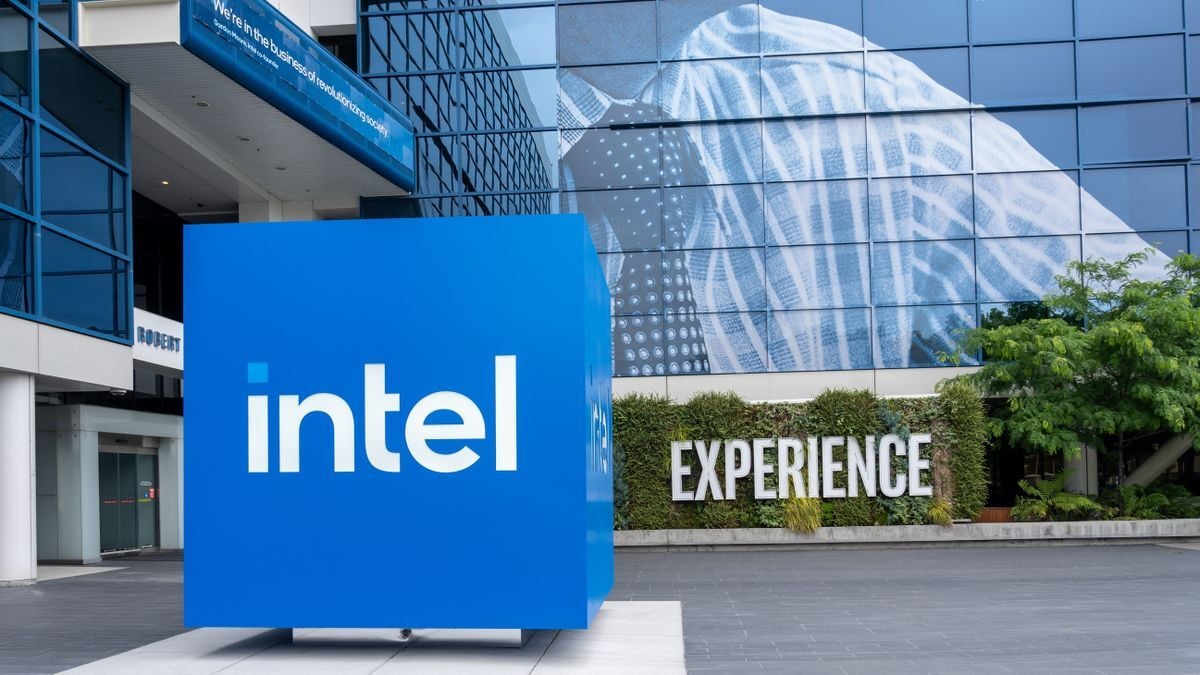- cross-posted to:
- technology@lemmit.online
- cross-posted to:
- technology@lemmit.online
Intel’s stock dropped around 30% overnight, shaving some $39 billion from the company’s market capitalization since rumors of a pending layoff first emerged. The devastating results come after the chip giant reported a loss for the second quarter, complained about yield issues with the Meteor Lake CPU, provided a modest business outlook for the next few quarters, and announced plans to lay off 15,000 people worldwide.
When the NYSE closed on July 31, Intel’s market capitalization was $130.86 billion. Then, a report about Intel’s massive layoffs was published, and the company’s market capitalization dropped sharply to $123.96 billion on August 1. Following Intel’s financial report yesterday, the company’s capitalization dropped to $91.86 billion. Essentially, Intel has lost half of its capitalization since January. As of now, Intel’s market value is a fraction of Nvidia’s worth and less than half of AMD’s.
As Intel’s actions look rather desperate, analysts believe that Intel’s challenges are existential. “Intel’s issues are now approaching the existential,” Stacy Rasgon, an analyst with Bernstein, told Reuters.



I see. So, you having shares basically means you own part of the company assets, and if it were to for example shut down or get into huge trouble (so no one sensible would want to buy their shares), you’ll still get kind of compensated from the value of their remaining assets being sold? That kind of makes sense, and is the difference I was looking for.
It’s still weird, but a little bit more understandable than crypto, which is only literally stealing and scamming money from others (who will eventually in the end end up left with all the literally valueless crypto, and whose money basically paid for all your profit from it)